Top 10 Strategies to Avoid Blunders in Chess
October 9, 2023
Chess, the ancient game of intellect and strategy, has captured the minds of players worldwide for centuries. To excel in chess, one must possess not only tactical acumen but also the ability to avoid blunders that can lead to disastrous consequences. In this article, we will explore essential tips to help you steer clear of common pitfalls and enhance your chess prowess.
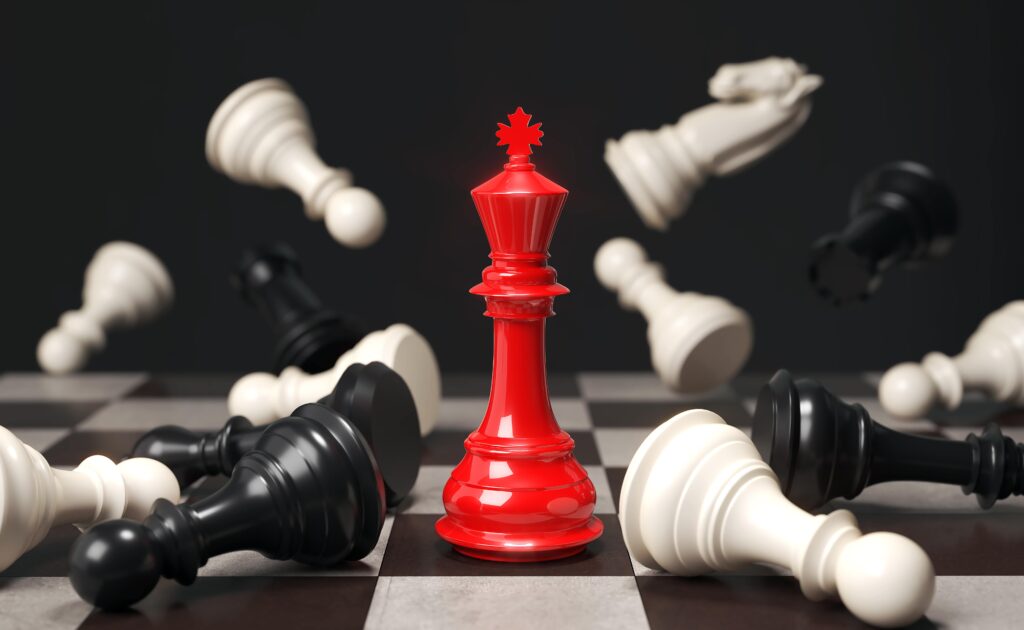
1. Master the Fundamentals
Like any discipline, chess requires a solid foundation. Start by learning the basic rules, movements of the pieces, and the objective of the game. Familiarize yourself with essential openings, mid-game principles, and endgame techniques. Building a strong understanding of the fundamentals is crucial for your progress as a chess player.
2. Calculate Moves Thoroughly
Careful calculation lies at the heart of successful chess playing. Take your time to analyze each move before making a decision. Anticipate your opponent’s responses and foresee potential threats. When facing complex positions, break down the moves step-by-step to avoid unnecessary blunders.
3. Beware of Overconfidence
Confidence in one’s abilities is beneficial, but overconfidence can be perilous. Avoid underestimating your opponent or assuming victory prematurely. Complacency can lead to careless moves and unexpected setbacks. Stay focused and maintain a healthy level of respect for your adversary’s skills.
4. Avoid Rushing Moves
Impulsive moves are a recipe for disaster in chess. While time management is essential, refrain from rushing through your moves. Allocate time wisely for each turn and use it efficiently. Stay patient and composed, especially during critical moments of the game.
5. Develop a Long-Term Plan
Crafting a comprehensive strategy is essential for success in chess. Consider your overall objectives and devise a long-term plan to achieve them. Whether it’s gaining control of the center, launching a strategic attack, or advancing your pawn structure, having a clear plan will help you make more purposeful moves and reduce blunders.
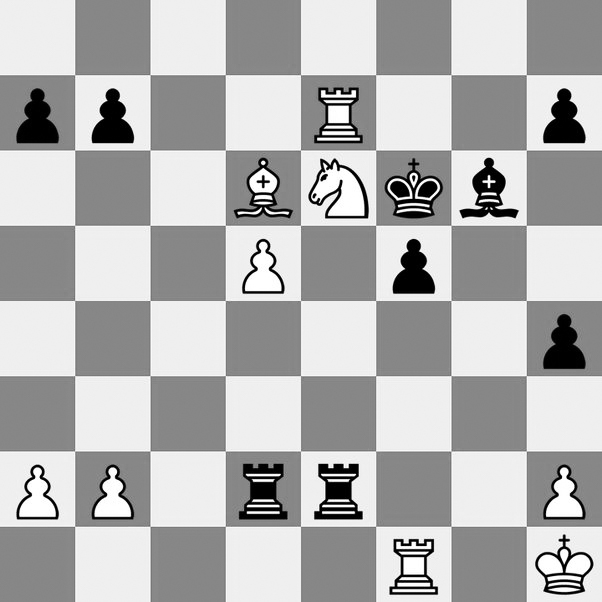
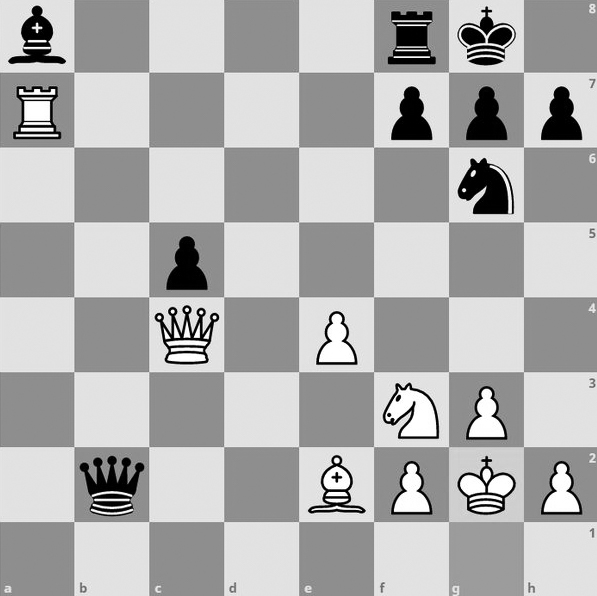
6. Control the Center
Controlling the central squares of the board provides a significant advantage in chess. It allows your pieces to access multiple areas and puts pressure on your opponent’s position. Aim to occupy and dominate the center early in the game to dictate the course of the match.
7. Study Past Games
Learning from the masters of the game is an excellent way to improve your skills. Analyze famous chess matches, understand their strategies, and identify how they avoided blunders. By studying past games, you can glean valuable insights and apply them to your own gameplay.
8. Practice Regularly
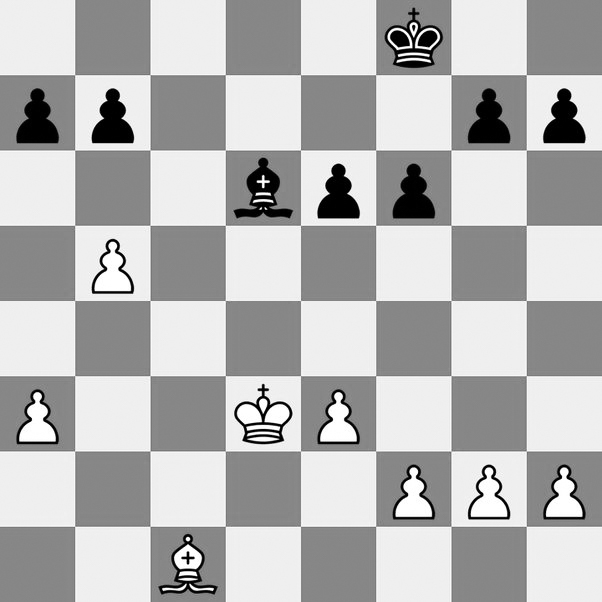
Consistent practice is the key to honing your chess abilities. Set aside time for daily practice sessions, solving puzzles, and playing against different opponents. Regular engagement with the game will enhance your tactical vision, pattern recognition, and overall proficiency.
9. Embrace Mistakes as Learning Opportunities
Blunders are an inevitable part of chess, even for the most skilled players. Instead of dwelling on your mistakes, view them as valuable learning opportunities. Analyze your errors, understand their root causes, and strive to avoid making the same blunders in the future.
10. Stay Calm Under Pressure
Chess can be an intense and nerve-wracking experience, especially in high-stakes situations. Cultivate the ability to remain calm under pressure. Stress and anxiety can cloud your judgment and lead to critical mistakes. Take deep breaths, focus on the board, and trust in your training!
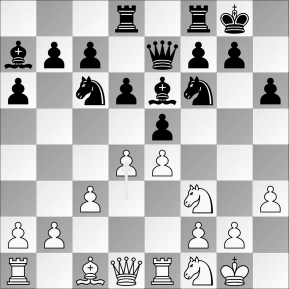
Conclusion
Avoiding blunders in chess requires a combination of skill, discipline, and a keen understanding of the game. By mastering the fundamentals, calculating moves thoroughly, and staying humble yet focused, you can elevate your chess proficiency and outperform opponents. Remember, learning from mistakes and regular practice are vital components of chess improvement. Apply these tips consistently, and watch your game soar to new heights. Happy chess playing!
